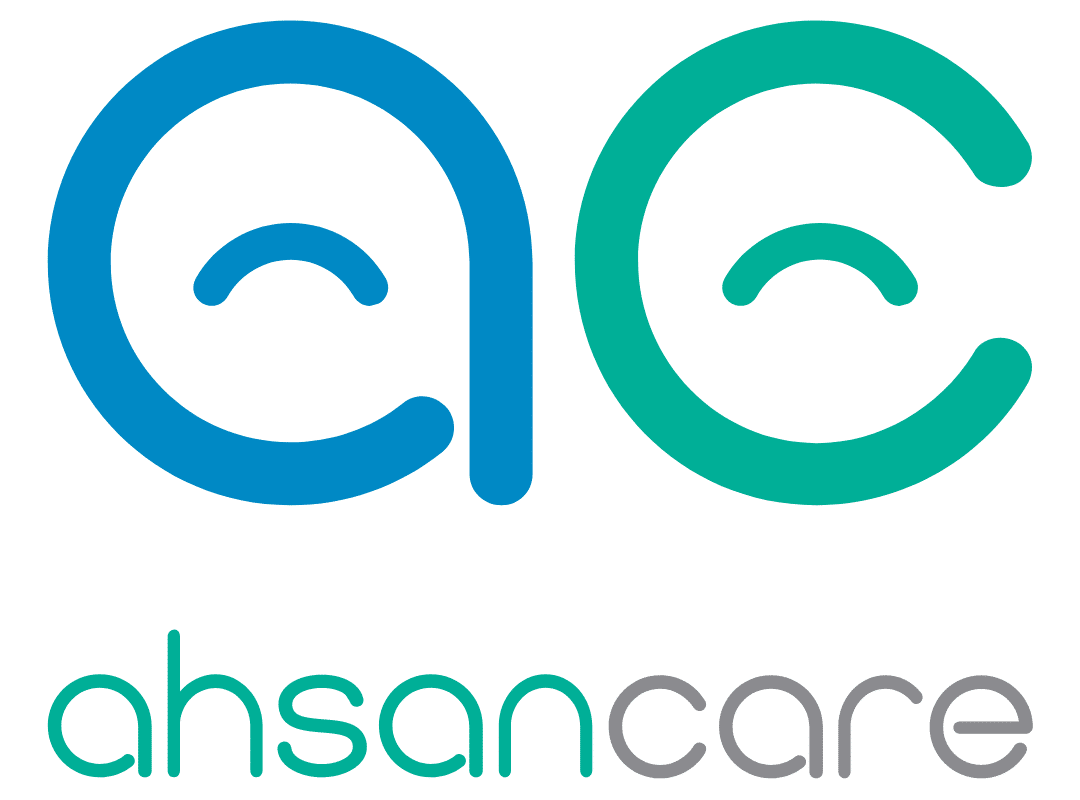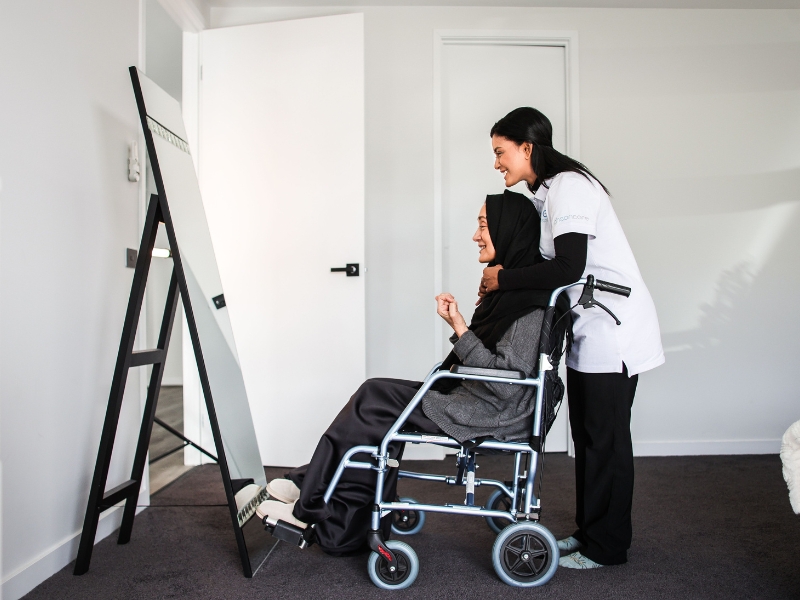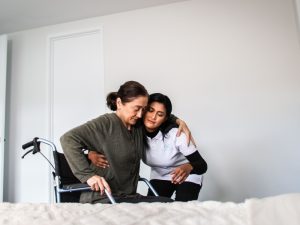Living independently is a fundamental right for everyone, including those with disabilities. Yet, achieving independence can be particularly challenging for individuals with disabilities. Assistance tailored to disabled persons’ needs can make a significant difference. This article explores the critical role of support services in promoting independence for people with disabilities and highlights how these services can make a positive impact.
Why is NDIS support essential for individuals with disabilities?
The National Disability Insurance Scheme (NDIS) is pivotal in providing tailored support to individuals with disabilities. Here’s why NDIS support is essential:
- Personalised Care: NDIS ensures that support is customised to meet the unique needs of each individual, allowing them to receive the care that best fits their situation.
- Enhanced Quality of Life: Individuals can engage more fully in daily activities and community life, improving their overall well-being.
- Goal Achievement: NDIS helps individuals set and achieve personal goals, whether related to employment, education, or social participation.
- Access to Resources: Through NDIS, individuals access various resources and services, including health care, educational support, and recreational activities.
How does assistance help disabled people with daily living tasks?
Daily living tasks can be a significant challenge for individuals with disabilities. Assistance in these areas is crucial for maintaining independence:
- Personal Care: Support with personal care tasks, such as bathing and dressing, helps individuals manage their hygiene and appearance.
- Household Chores: Assistance with cleaning, cooking, and other household tasks ensures that individuals can maintain a safe and comfortable living environment.
- Skill Development: Support can include training in daily living skills, which empowers individuals to perform tasks independently over time.
- Safety and Accessibility: Ensuring that living spaces are safe and accessible reduces the risk of accidents and enhances the individual’s ability to live independently.
How can assistance with travel and transport enhance independence?
Travel and transport support is vital for those with disabilities to engage fully in their communities and live independently:
- Access to Services: Reliable transport assistance allows disabled persons to access essential services like medical appointments and social activities.
- Community Engagement: Assistance with travel enables disabled persons to participate in community events, which is crucial for social inclusion and mental well-being.
- Employment Opportunities: Support with transportation helps individuals reach workplaces or educational institutions, promoting greater independence through employment or learning.
- Enhanced Mobility: Travel assistance for disabled persons can include vehicle modifications or support in using public transport.
How do NDIS accommodation and tenancy support contribute to the independence of disabled persons?
Stable and suitable accommodation is crucial for fostering independence among individuals with disabilities. NDIS accommodation and tenancy support play a significant role in this regard by addressing several key aspects:
- Finding Suitable Housing: One of the primary challenges individuals face is accessible housing for people with disabilities that meets their needs. NDIS support helps identify and secure appropriate housing options that are both accessible and comfortable.
- Tenancy Management Assistance: They can help navigate the complexities of rental agreements, landlord relationships, and tenancy-related issues, ensuring participants have a smooth and stress-free experience.
- Home Modifications: To enhance safety and accessibility within the home, they can assist with accessing NDIS funding for necessary modifications, such as installing ramps, widening doorways, or adapting bathrooms.
What benefits does nursing care provide for eligible clients seeking independence?
Nursing care can be a vital component in promoting independence for those with specific health needs:
- Medical Management: Nurses provide essential medical care, including medication management and wound care, enabling individuals to focus on other aspects of their lives.
- Health Monitoring: Regular health assessments and monitoring help prevent complications and maintain overall health, which is crucial for independent living.
- Personalised Support: Nursing care is tailored to the individual’s medical conditions and needs, ensuring appropriate and effective care.
- Family Support: Nurses often educate and support families, helping them understand and manage the individual’s health needs more effectively.
How can families and communities support disabled individuals?
Families and communities play a crucial role in supporting the independence of individuals with disabilities:
- Emotional Support: Providing encouragement and understanding helps individuals feel valued and supported in their pursuit of independence.
- Advocacy: Families and community members can advocate for necessary services and resources, ensuring that individuals receive the support they need.
- Inclusive Activities: Engaging individuals in community activities and events fosters social inclusion and helps build a supportive network.
- Education and Awareness: Raising awareness about disabilities and promoting understanding helps reduce stigma and encourages a more inclusive society.
- Practical Assistance: Beyond emotional and social support, practical help is often needed. This can include assistance with daily tasks, transportation, or navigating bureaucratic processes.
- Building a Supportive Network: Establishing a support network that includes friends, neighbours, and local organisations can provide disabled individuals access to a broader range of resources and social connections.
Partner with Ahsan Care Provider for tailored NDIS support
For individuals seeking NDIS housing assistance, Ahsan Care Provider is here to help. Specialising in NDIS services in Melbourne, Ahsan Care offers comprehensive support, including accommodation and tenancy assistance, daily living help, and more. Their client-centred approach ensures that each individual receives personalised care that meets their unique needs and goals.
If you or someone you know requires assistance, connect with Ahsan Care Provider for NDIS support to discover how our compassionate and professional support can make a difference. Let them help you achieve greater independence and improve your quality of life.
By focusing on individual needs and providing tailored support, Ahsan Care Provider is dedicated to helping clients live their best lives.



